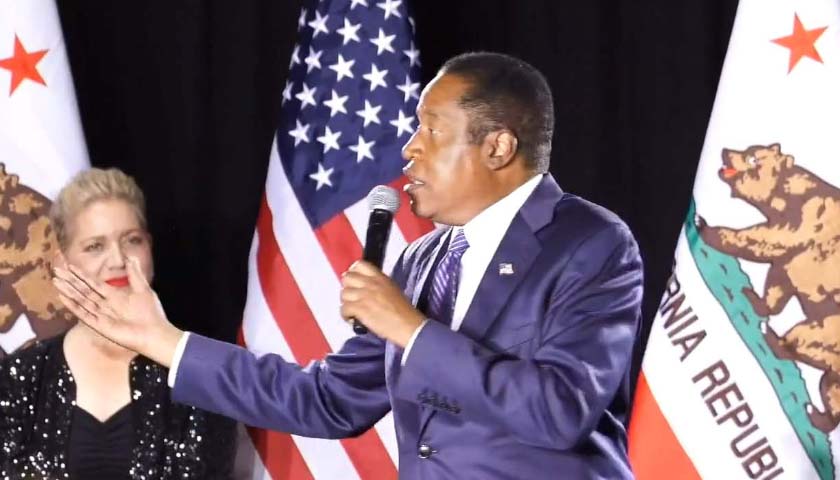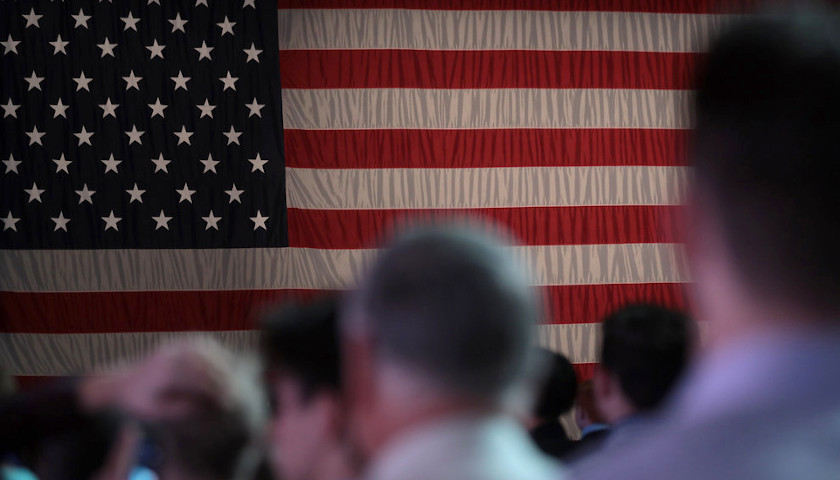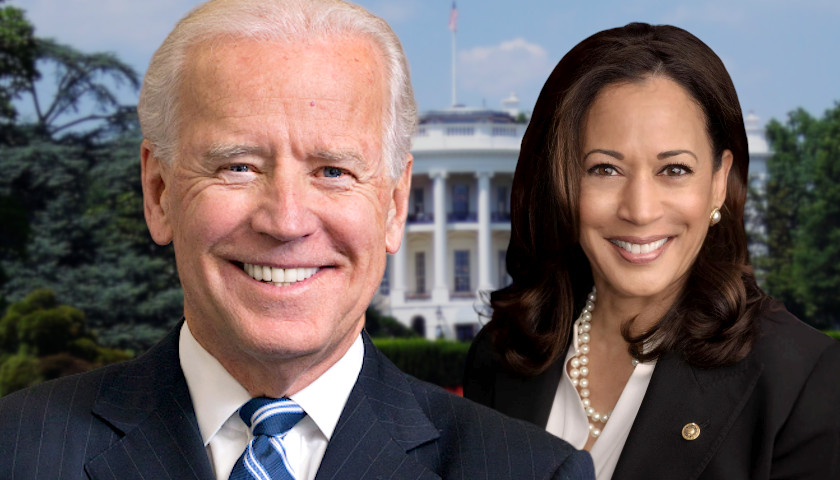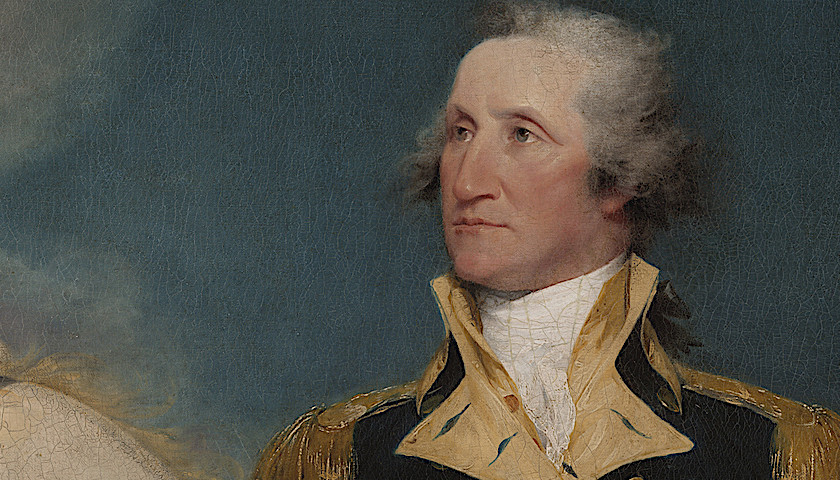“The city comes in to being for the sake of life, but it continues for the sake of the good life. ” — Aristotle, Politics
“[The Declaration of Independence] was the word, “fitly spoken” which has proved an “apple of gold” to us. The Union, and the Constitution, are the picture of silver, subsequently framed around it. The picture was made, not to conceal, or destroy the apple; but to adorn, and preserve it. The picture was made for the apple — not the apple for the picture.”—Abraham Lincoln, “Fragment on the Constitution and Union”
The crisis of our time requires clear thinking about political means and ends, and the ways they are connected. The two epigraphs above address this central question of practical wisdom—the first from the general perspective of theory, the second as relates to the particular nation of the United States. Both quotations may be familiar to educated conservatives, and particularly to those students of political philosophy broadly associated with the Claremont school of thought. Yet there is a danger that such familiarity may breed, if not contempt, then the forgetfulness that settles on “sonorous phrases” which lapse into clichés. I would like to reconsider these arguments made by Aristotle and Lincoln—along with some related observations by James Madison and Thomas Jefferson—not as hackneyed commonplaces but as genuine insights that remain relevant and even urgent. Circumstances in the coming years may require new or unusual means to secure the ends of liberty and justice. Our thinking must be appropriately radical.
Read More




